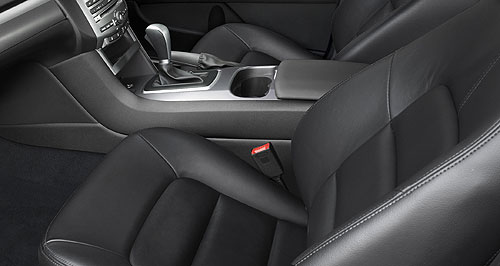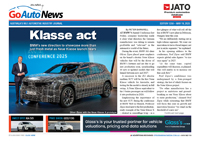News - General News - PartsFuturis relishing its new lifeNew owner: Elders has agreed to sell its Futuris automotive arm to US-based Clearlake Capital for $69 million. Parts maker Futuris on the prowl as new owners make capital available1 Oct 2013 By IAN PORTER AUSTRALIAN-BASED parts-maker Futuris Automotive has gone from famine to feast after being sold to a US private equity fund. Faced with declining sales of car parts – seats, door panels, controls – in Australia, the company has been given licence by its new owners to search out some new opportunities. The company’s previous owner, rural services company Elders Ltd, sold Futuris Automotive for $69 million less than two months ago. Elders had tried to fund as much of Futuris Automotive’s business potential as possible, but there was no getting around the shortage of cash within the group. New owner Clearlake Capital Group has more resources available and Futuris chief executive Mark de Wit has been given permission to expand through acquisition. “It’s a new world with private equity owners,” Mr de Wit told GoAuto, stressing that there had been no layoffs or changes to the Futuris business operations or strategy. “While we are still run very, very tightly, there is a big difference under private equity ownership and the cash that is available for transactions compared to what we were able to do in the past.” He said the options were no longer limited to just small organic or internal projects. Larger organic changes were on the table as well as external acquisitions. “It’s fantastic to be able to look at some acquisitions. We are looking both in Australia and offshore, some automotive and some non-automotive. “There are six or seven companies we have our eyes on and a couple we are about to make offers for.” He said Futuris was not going to buy the first thing that came along. Any acquisition had to have something in common with what Futuris was doing already. “We are focused on sticking to our knitting. They have got to have synergies with our products or our production knowledge,” he said. “We are aiming for acquisitions where one plus one equals three. That’s possible because these companies wouldn’t be for sale if they were performing well.” The benefits could come from product portfolios that go well together, cross-selling opportunities or manufacturing considerations like bringing certain operations together.  Read more |
Click to shareGeneral News articlesResearch General News Motor industry news |

















Facebook Twitter Instagram